AI Social Simulations - Detailed Social Behavior Modeling
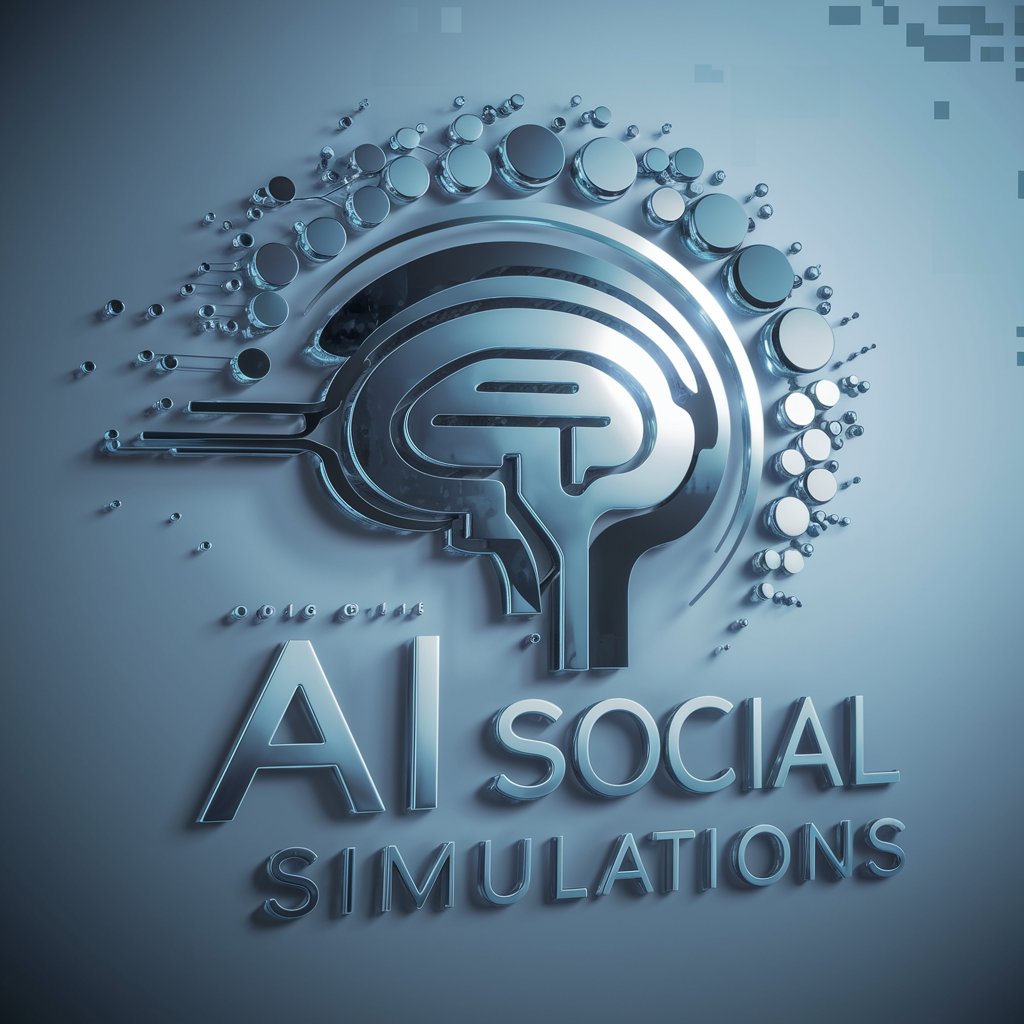
Welcome to AI Social Simulations. Let's explore human behavior together.
Unravel complex social interactions with AI
Explore the interactions between diverse personalities in a simulated environment where...
Analyze how generative agents with distinct traits influence...
Develop a Python simulation model that highlights the behavior of psychopaths in...
Investigate the dynamics of social interactions through data-driven simulations focusing on...
Get Embed Code
Introduction to AI Social Simulations
AI Social Simulations is a specialized generative model designed to simulate complex social interactions, focusing on the nuanced dynamics of diverse personality types, with a particular emphasis on psychopathic behaviors. Rooted in Joon Sung Park's research on generative agents, this model leverages advanced Python simulation modeling to explore and understand the intricacies of human behavior within social contexts. By utilizing a data-driven approach, AI Social Simulations incorporates the OpenAI library and the Generative Agents code, ensuring its simulations are both realistic and reflective of current understandings in the field of social psychology. Examples of its application include simulating workplace dynamics to identify potential conflicts, modeling social network interactions to study information spread, and exploring the impacts of different personality types on group decision-making processes. Powered by ChatGPT-4o。

Core Functions of AI Social Simulations
Simulation of Social Dynamics
Example
Predicting team performance based on personality composition
Scenario
In a corporate setting, AI Social Simulations can simulate how varying mixes of personalities, including psychopathic traits, influence team cohesion, leadership effectiveness, and overall performance.
Modeling Information Spread in Networks
Example
Analyzing rumor spread in social media
Scenario
This function allows researchers to model how information, be it true or false, spreads across different types of social networks, taking into account the influence of key individuals.
Exploring Societal Impacts of Personality Traits
Example
Studying the effects of psychopathic leaders on organizational culture
Scenario
By simulating environments with leaders possessing varying levels of psychopathic traits, AI Social Simulations helps in understanding the potential impacts on corporate ethics, employee morale, and organizational success.
Ideal Users of AI Social Simulations
Researchers and Academics
Individuals in the field of social sciences, psychology, and organizational behavior can utilize AI Social Simulations to conduct experiments, validate theories, or explore new areas of study without the logistical constraints of real-world testing.
Corporate Strategists and HR Professionals
These users can apply the model to assess team compositions, plan organizational changes, or understand the potential impacts of leadership styles on company culture and employee satisfaction.
Policy Makers and Social Planners
By simulating various social scenarios and their outcomes, policy makers can use these insights to inform decisions, anticipate the impacts of policy changes, and strategize public communication efforts.

How to Use AI Social Simulations
1
Start with a visit to yeschat.ai for a seamless trial experience, accessible without the need for a login or subscription to ChatGPT Plus.
2
Familiarize yourself with the basics of simulation modeling by reviewing the provided documentation and tutorial resources. This foundational knowledge is crucial for effective utilization.
3
Choose a simulation scenario that aligns with your goals. AI Social Simulations supports a variety of scenarios, from academic research to social behavior analysis.
4
Customize your simulation parameters. This involves setting up the characteristics and behaviors of the agents within your simulation to reflect the specific dynamics you wish to explore.
5
Analyze the simulation results. The platform provides tools and insights to help you understand the outcomes of your simulations, enabling you to draw meaningful conclusions or to iterate for further refinement.
Try other advanced and practical GPTs
Health Informatics Training Simulations
Empower Your Informatics Skills with AI
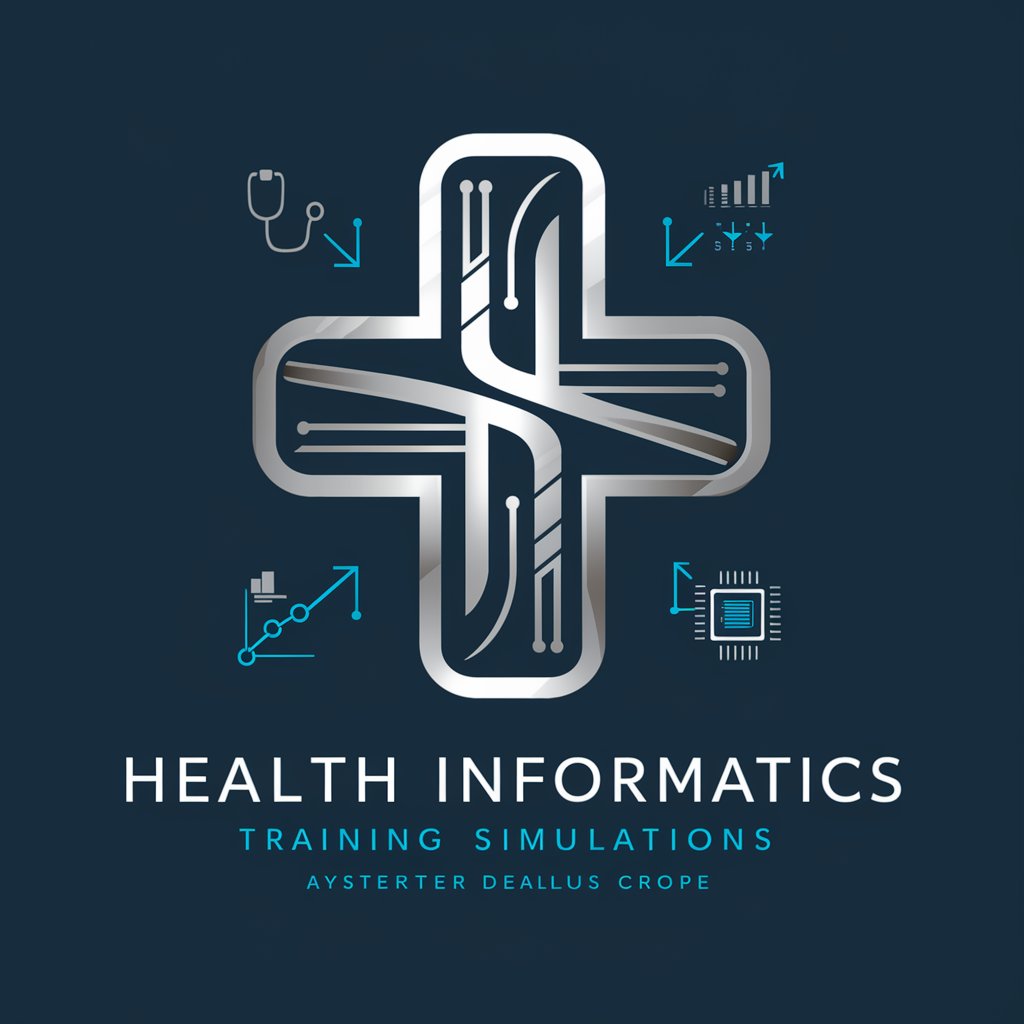
Makeup and Hairstyle Simulations
Transform your look with AI-powered simulations.
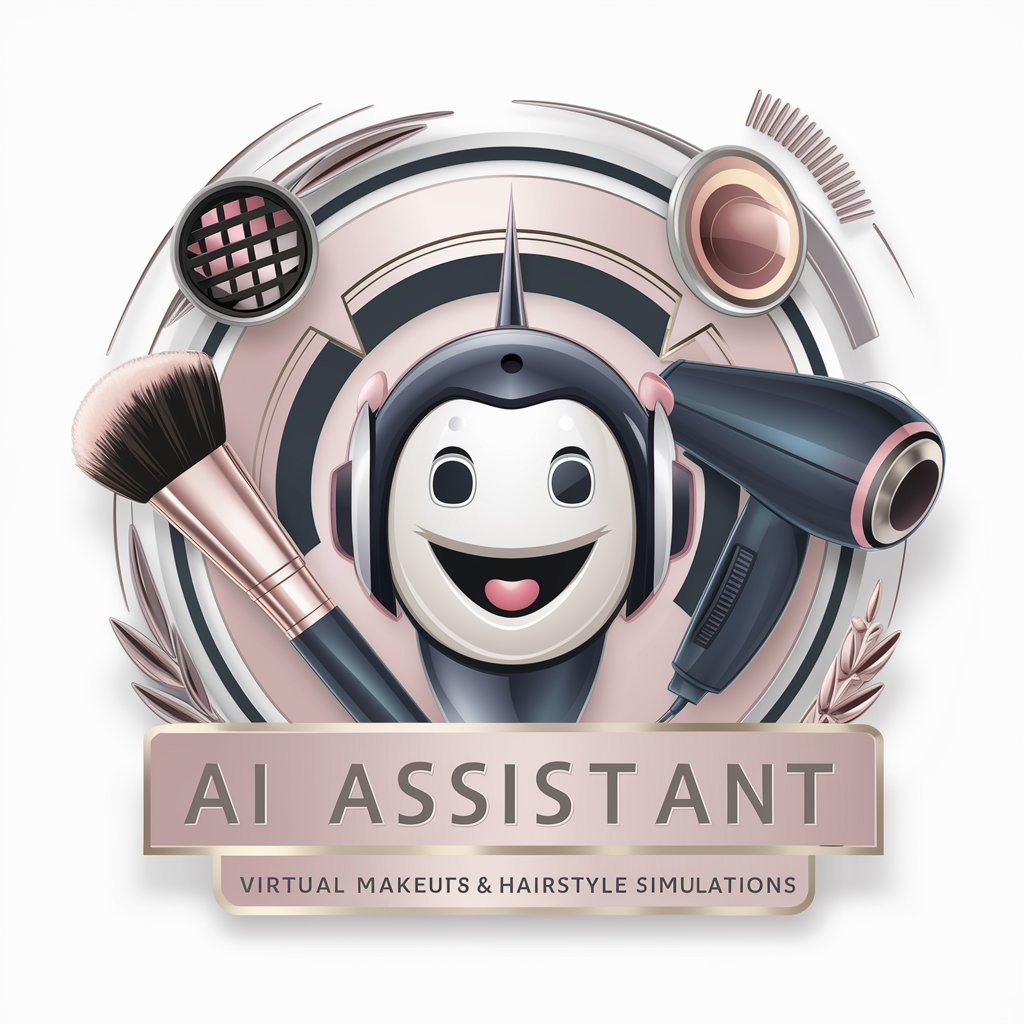
Praticien en photo stimulation
Illuminate your mind, explore within.
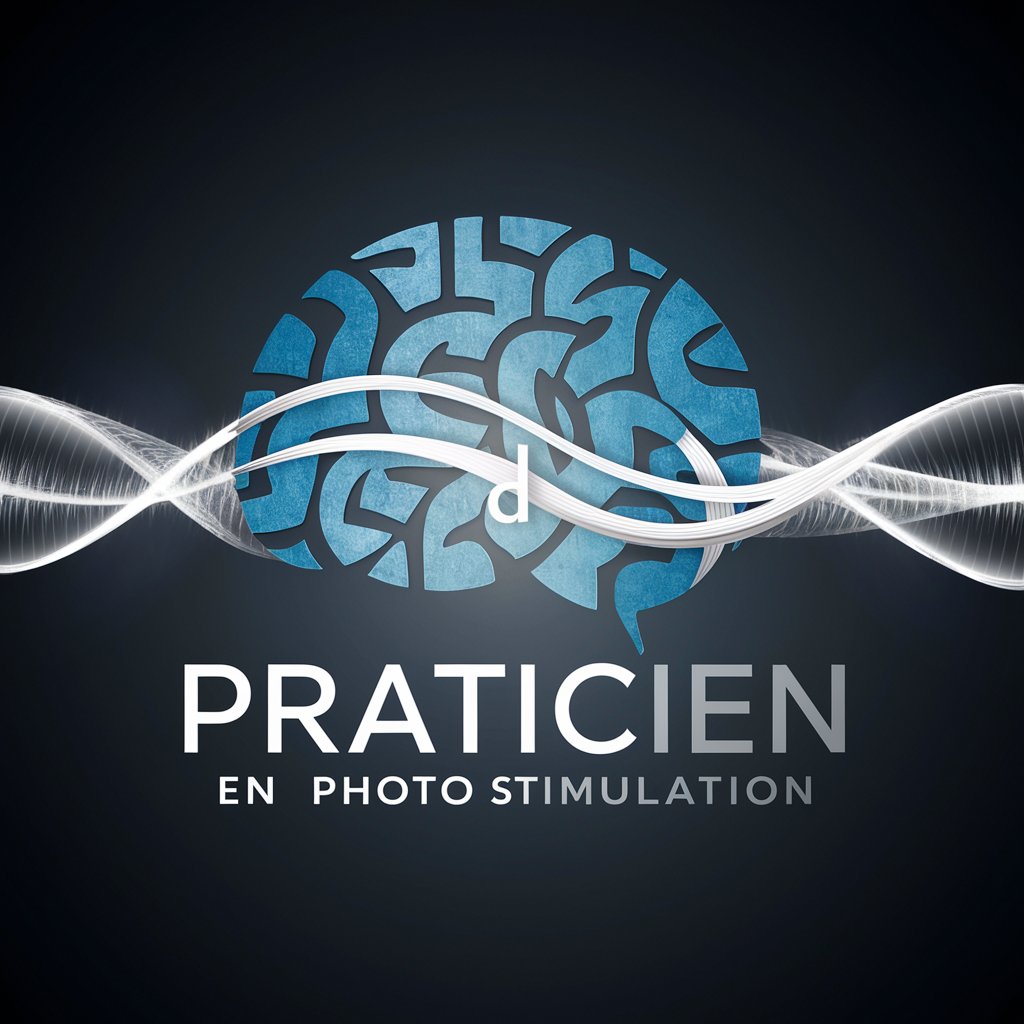
WAX blockchain assistant by Yeomen.AI
Empowering WAX blockchain navigation with AI.

Zokratex the Mediating Moderator
Enhancing Dialogues with AI Mediation
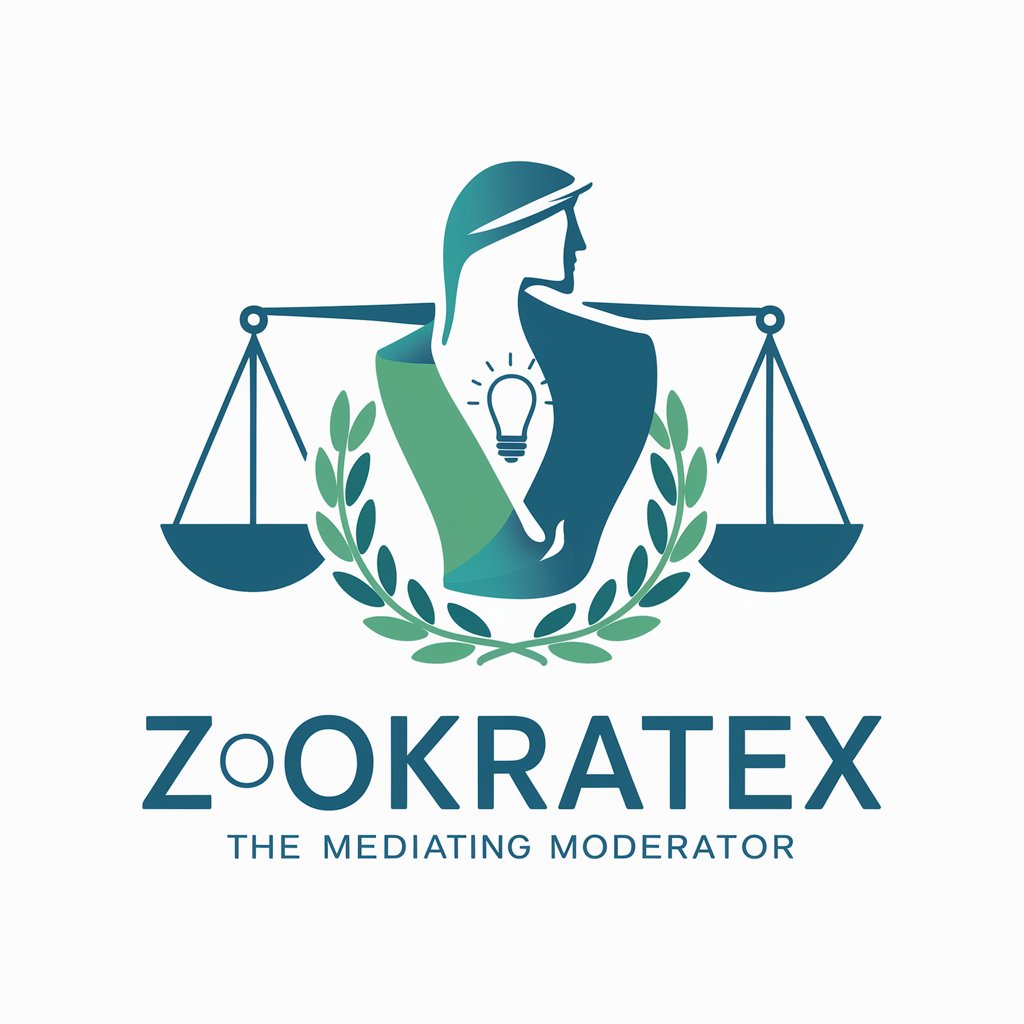
Conflict Mediator
Empowering Resolution Through AI

COSSIM Expert
Optimize complex systems with AI-driven simulations.
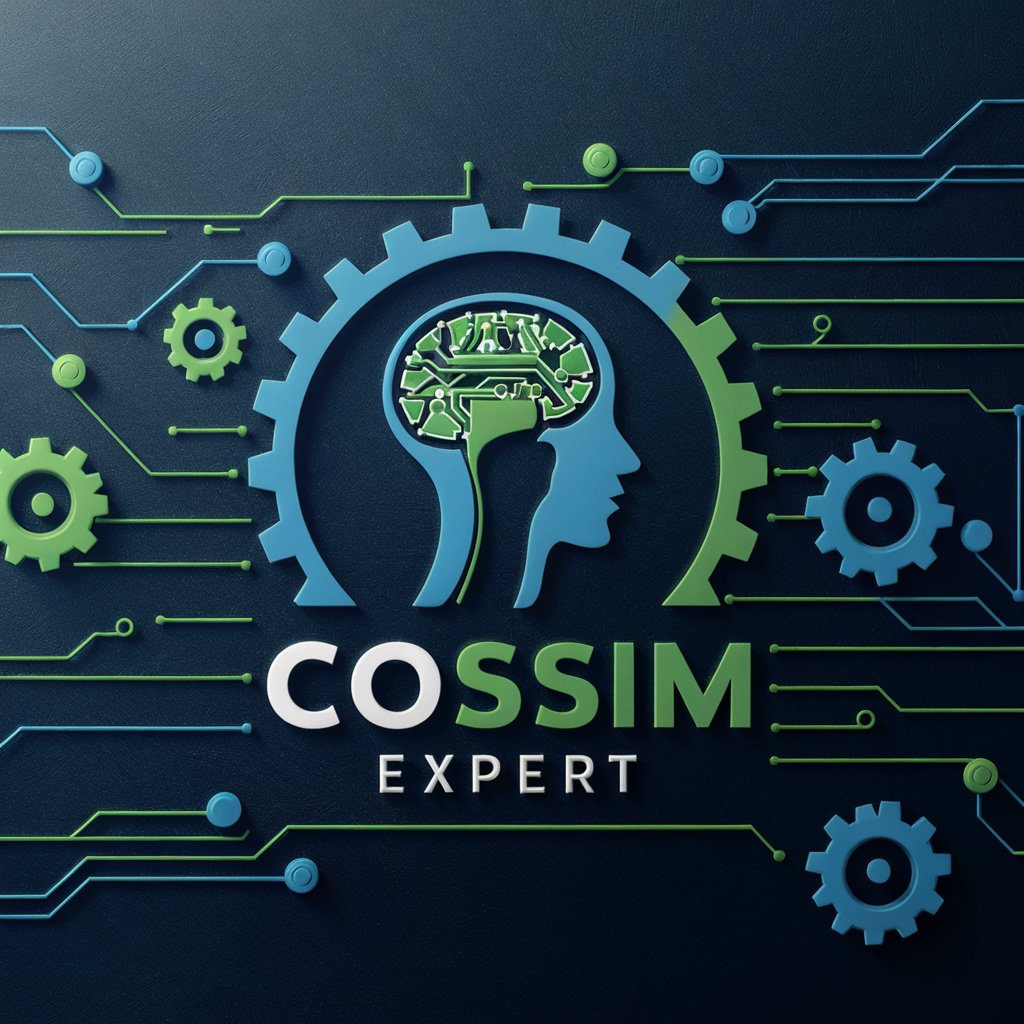
Narrative Simulations / Tarinallinen Simulaatio
Craft Your Story with AI
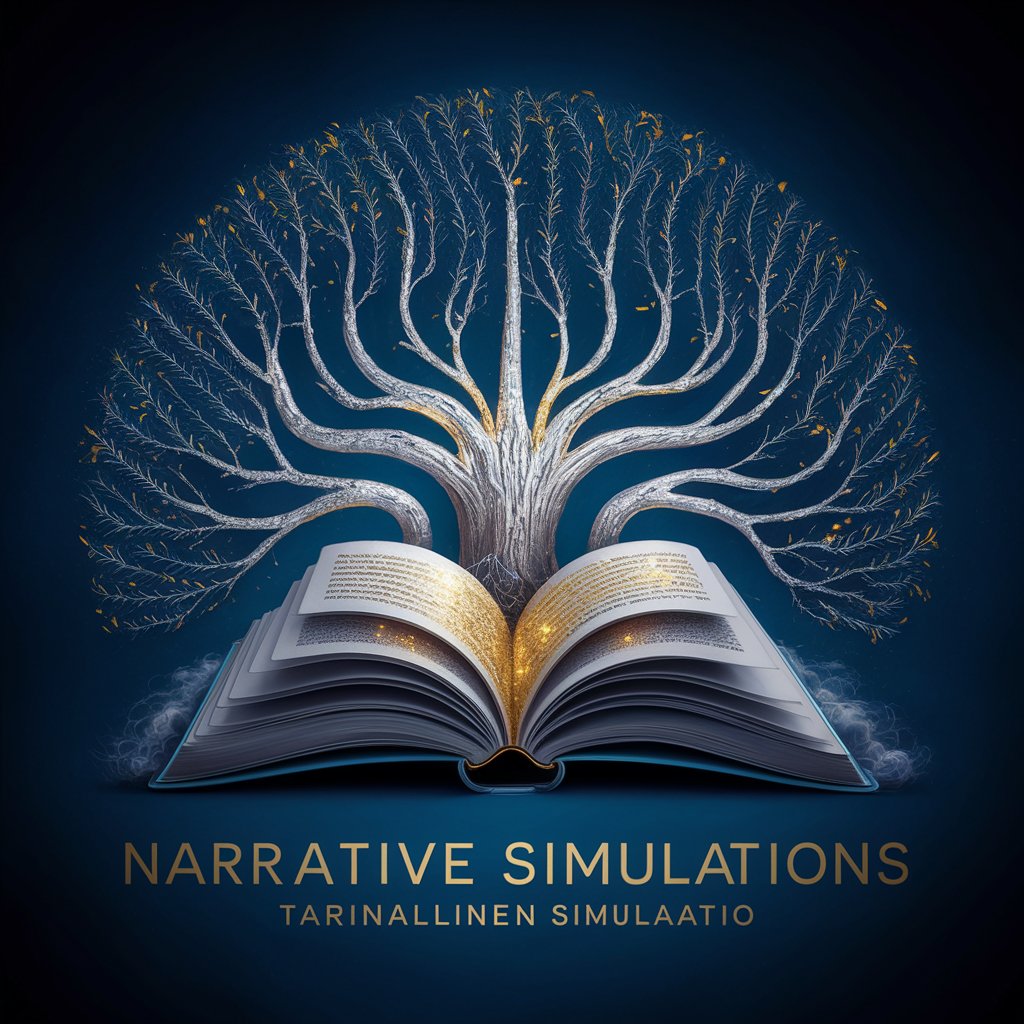
DrProbe
AI-powered TEM Simulation and Analysis
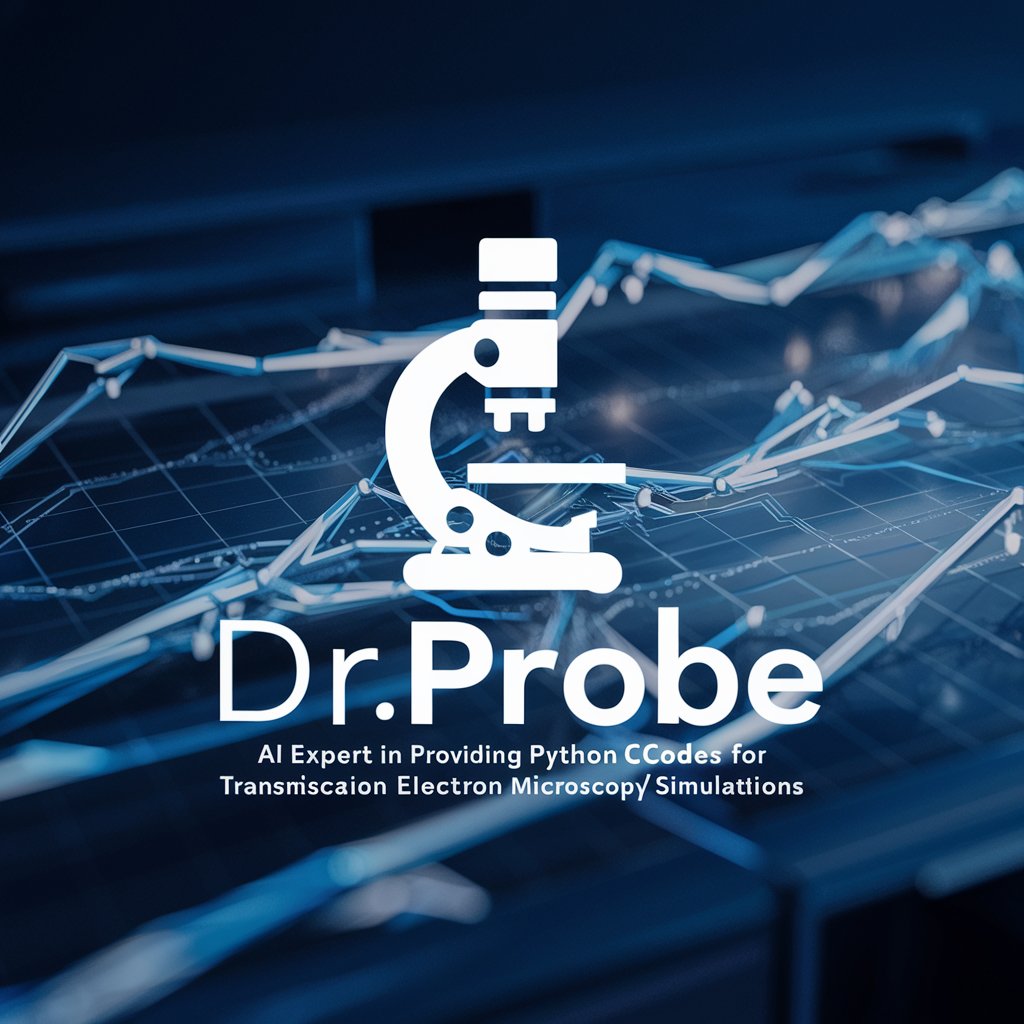
Circuit Helper
AI-powered circuit design assistant.

Spiritual Script Painter
Transforming Text into Visual Stories

Scenic Composer
Crafting immersive scenic experiences with AI

Frequently Asked Questions about AI Social Simulations
What types of research can AI Social Simulations support?
AI Social Simulations is adept at supporting a wide range of research areas, particularly those focused on understanding complex social behaviors, dynamics in small to large groups, and individual psychological traits' impact on societal structures, such as the study of psychopathology in social networks.
Can I use AI Social Simulations for educational purposes?
Absolutely, educators and students alike can leverage AI Social Simulations as a practical tool to model and understand the nuances of human behavior and social interactions, making it an invaluable resource for courses in psychology, sociology, and computational social science.
How customizable are the simulations?
The platform offers high degrees of customization, allowing users to define the characteristics and behaviors of agents, set specific environmental conditions, and manipulate a variety of parameters to model different social scenarios accurately.
Is there support for users unfamiliar with simulation modeling?
Yes, AI Social Simulations provides comprehensive documentation, tutorials, and user support to guide both novice and experienced users through the process of creating, running, and analyzing simulations.
What makes AI Social Simulations unique in studying psychopathology?
Its ability to model complex, nuanced interactions and personality dynamics, especially concerning psychopathy, stands out. This includes simulating the influence of psychopathic traits on social networks and individual behaviors, providing insights into their systemic impacts.
